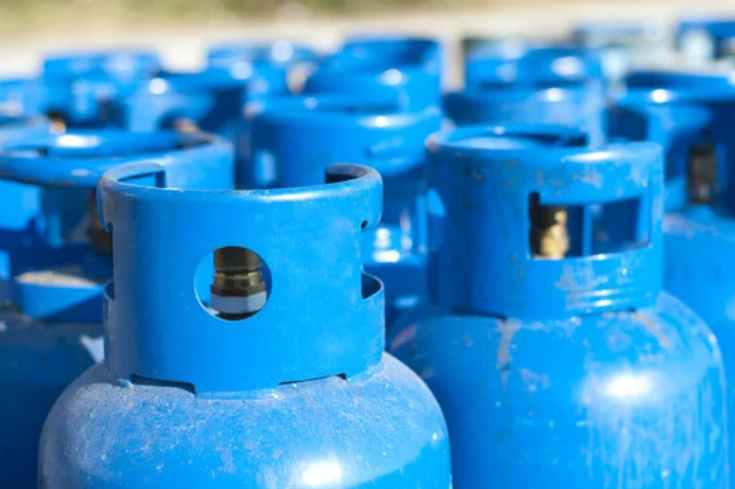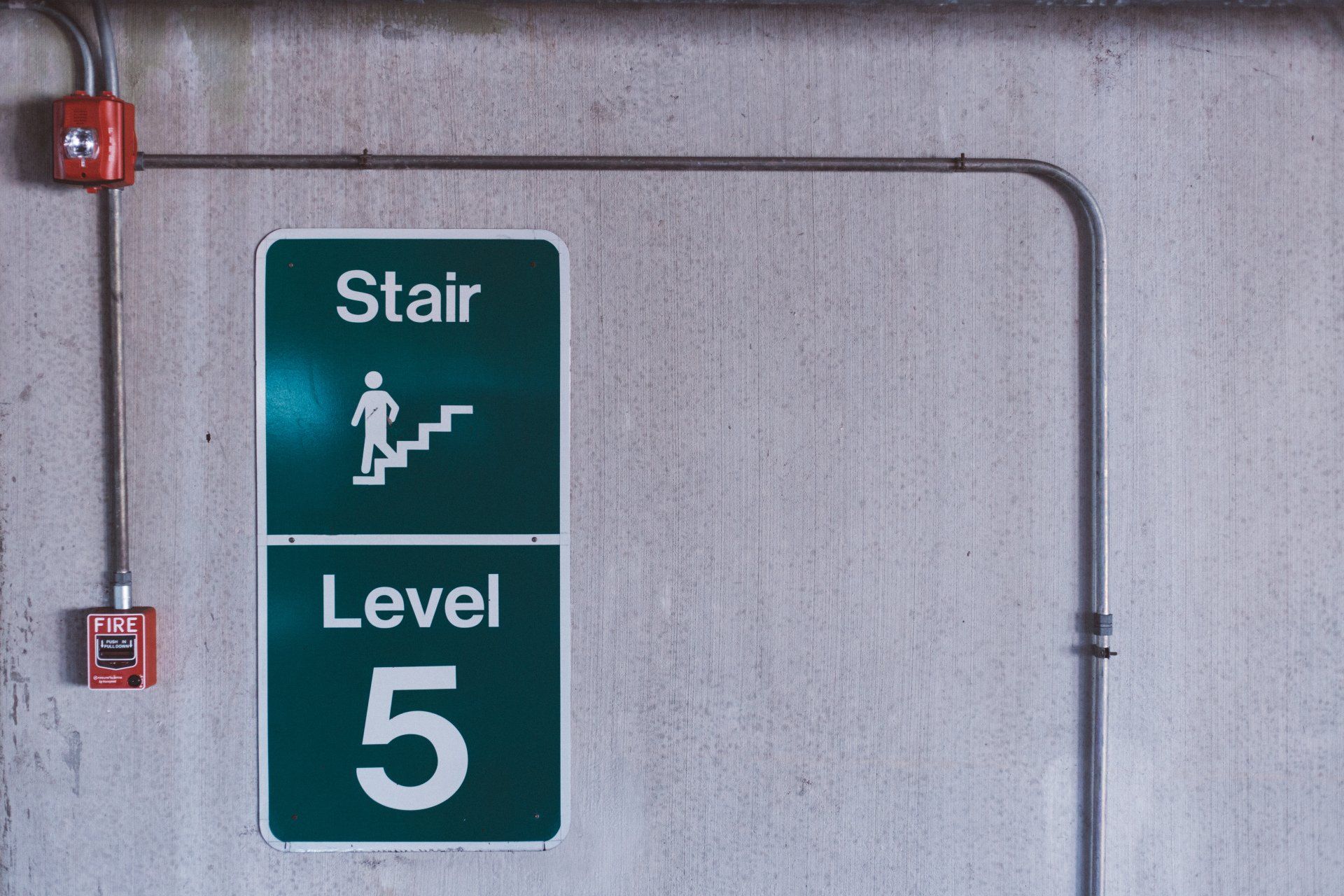40 Schools a Month Hit by Fires in the Past Year
40 Schools a Month Hit by Fires in the Past Year
In this issue:
· Recent study shows flaws in many schools’ fire protection measures
A recent study from Zurich Municipal, a leading insurer of schools in the UK, reveals 480 primary and secondary schools endured fires in 2019, a staggering 40 incidents every month. Zurich inspected 1,000 schools, finding two thirds were rated with ‘poor’ fire protection measures.
As a result, almost 20,000 school children have had their education impacted or have been displaced from their usual school building over the same period. The research was compiled by the Zurich data science team through a freedom of information request to the UK Fire and Rescue Services.
Further data shows that last year over 15,000m² of classroom space was damaged during blazes across 271 primary and 209 secondary schools. Only 2% (seven) of the schools had sprinkler protection in place. According to official figures, only 15% of all new schools built and opened in the UK since 2011 have been fitted with sprinklers. Whilst sprinklers are compulsory in all new or major refurbished school buildings in Scotland and Wales, this is not the case in England.
Firefighters have been called to nearly 2,000 school blazes in England alone in the last three years. Malfunctioning appliances or equipment, faulty electrics, arson and kitchen blazes are among the leading causes of school fires. Larger fires in schools cost on average £2.8 million to repair and in some cases over £20 million.
Despite being far riskier than average property when it comes to fires, many schools also lack the equipment and adequate fire protection needed to prevent small fires becoming major disasters. Of more than 1,000 school inspections carried out by Zurich, two thirds (66%) were rated as having ‘poor’ fixed fire protection systems, such as sprinklers, which are proven to significantly reduce the damage caused by fire. Just 14% were rated ‘good’ or ‘excellent’. A further quarter (24%) were judged ‘poor’ for fire detection measures, such as smoke detectors and fire alarms. Inspections were carried out between January 2017 and December 2019.
This article was originally published on
IFSEC Global.
Need some additional help or advice?
We carry out fire risk assessments and can help you to understand key building risks and how you need to manage them on an ongoing basis
Fancy a chat?
Pull up a comfy chair, grab a cuppa and a custard cream, and let's talk safety. Go on, you know you want to...
Contact Us
We will get back to you as soon as possible
Please try again later













